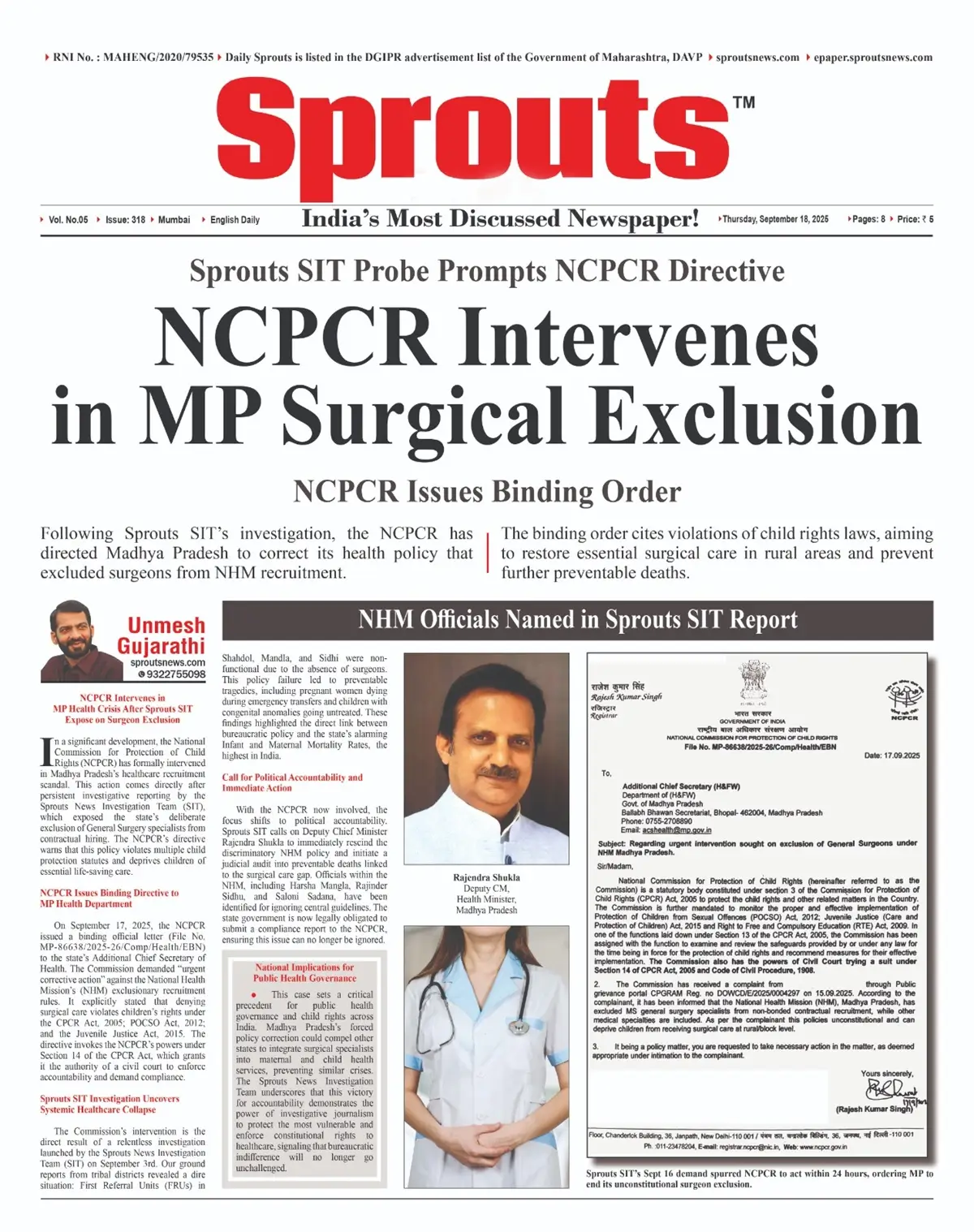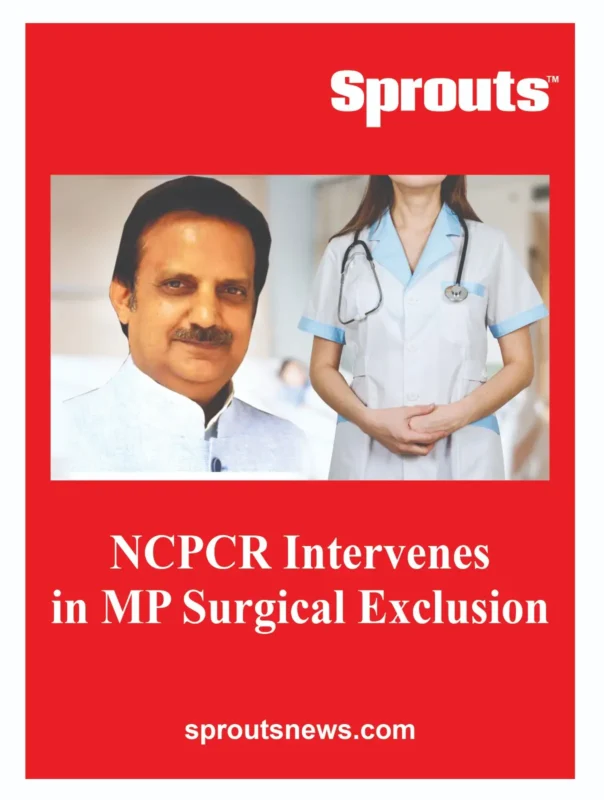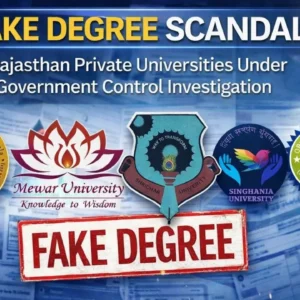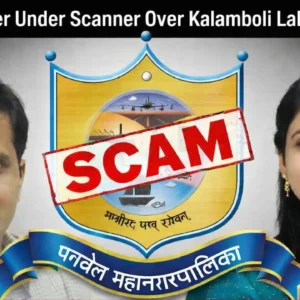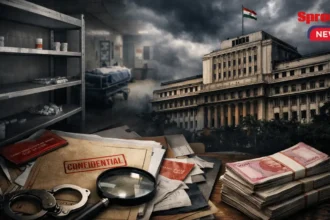NCPCR Intervenes in MP Surgical Exclusion
• Sprouts SIT Probe Prompts NCPCR Directive
• NCPCR Issues Binding Order
• NHM Officials Named in Sprouts SIT Report
Following Sprouts SIT’s investigation, the NCPCR has directed Madhya Pradesh to correct its health policy that excluded surgeons from NHM recruitment. The binding order cites violations of child rights laws, aiming to restore essential surgical care in rural areas and prevent further preventable deaths.
- NCPCR Intervenes in MP Surgical Exclusion
- • Sprouts SIT Probe Prompts NCPCR Directive
- • NCPCR Issues Binding Order
- • NHM Officials Named in Sprouts SIT Report
- NCPCR Intervenes in MP Health Crisis After Sprouts SIT Exposé on Surgeon Exclusion
- NCPCR Issues Binding Directive to MP Health Department
- Sprouts SIT Investigation Uncovers Systemic Healthcare Collapse
- Call for Political Accountability and Immediate Action
- National Implications for Public Health Governance
NCPCR Intervenes in MP Health Crisis After Sprouts SIT Exposé on Surgeon Exclusion
In a significant development, the National Commission for Protection of Child Rights (NCPCR) has formally intervened in Madhya Pradesh’s healthcare recruitment scandal. This action comes directly after persistent investigative reporting by the Sprouts News Investigation Team (SIT), which exposed the state’s deliberate exclusion of General Surgery specialists from contractual hiring. The NCPCR’s directive warns that this policy violates multiple child protection statutes and deprives children of essential life-saving care.
Click Here To Download the News Attachment
NCPCR Issues Binding Directive to MP Health Department
On September 17, 2025, the NCPCR issued a binding official letter (File No. MP-86638/2025-26/Comp/Health/EBN) to the state’s Additional Chief Secretary of Health. The Commission demanded “urgent corrective action” against the National Health Mission’s (NHM) exclusionary recruitment rules. It explicitly stated that denying surgical care violates children’s rights under the CPCR Act, 2005; POCSO Act, 2012; and the Juvenile Justice Act, 2015. The directive invokes the NCPCR’s powers under Section 14 of the CPCR Act, which grants it the authority of a civil court to enforce accountability and demand compliance.
Sprouts SIT Investigation Uncovers Systemic Healthcare Collapse
The Commission’s intervention is the direct result of a relentless investigation launched by the Sprouts News Investigation Team (SIT) on September 3rd. Our ground reports from tribal districts revealed a dire situation: First Referral Units (FRUs) in Shahdol, Mandla, and Sidhi were non-functional due to the absence of surgeons. This policy failure led to preventable tragedies, including pregnant women dying during emergency transfers and children with congenital anomalies going untreated. These findings highlighted the direct link between bureaucratic policy and the state’s alarming Infant and Maternal Mortality Rates, the highest in India.
Also Read: Ex-Lodha Director Rajendra Lodha Arrested in Mumbai Fraud Case.
Related Article: MP Infant Deaths Lead DARPG Questions NHM Officials.
Call for Political Accountability and Immediate Action
With the NCPCR now involved, the focus shifts to political accountability. Sprouts SIT calls on Deputy Chief Minister Rajendra Shukla to immediately rescind the discriminatory NHM policy and initiate a judicial audit into preventable deaths linked to the surgical care gap. Officials within the NHM, including Harsha Mangla, Rajinder Sidhu, and Saloni Sadana, have been identified for ignoring central guidelines. The state government is now legally obligated to submit a compliance report to the NCPCR, ensuring this issue can no longer be ignored.
National Implications for Public Health Governance
This case sets a critical precedent for public health governance and child rights across India. Madhya Pradesh’s forced policy correction could compel other states to integrate surgical specialists into maternal and child health services, preventing similar crises. The Sprouts News Investigation Team underscores that this victory for accountability demonstrates the power of investigative journalism to protect the most vulnerable and enforce constitutional rights to healthcare, signaling that bureaucratic indifference will no longer go unchallenged.



